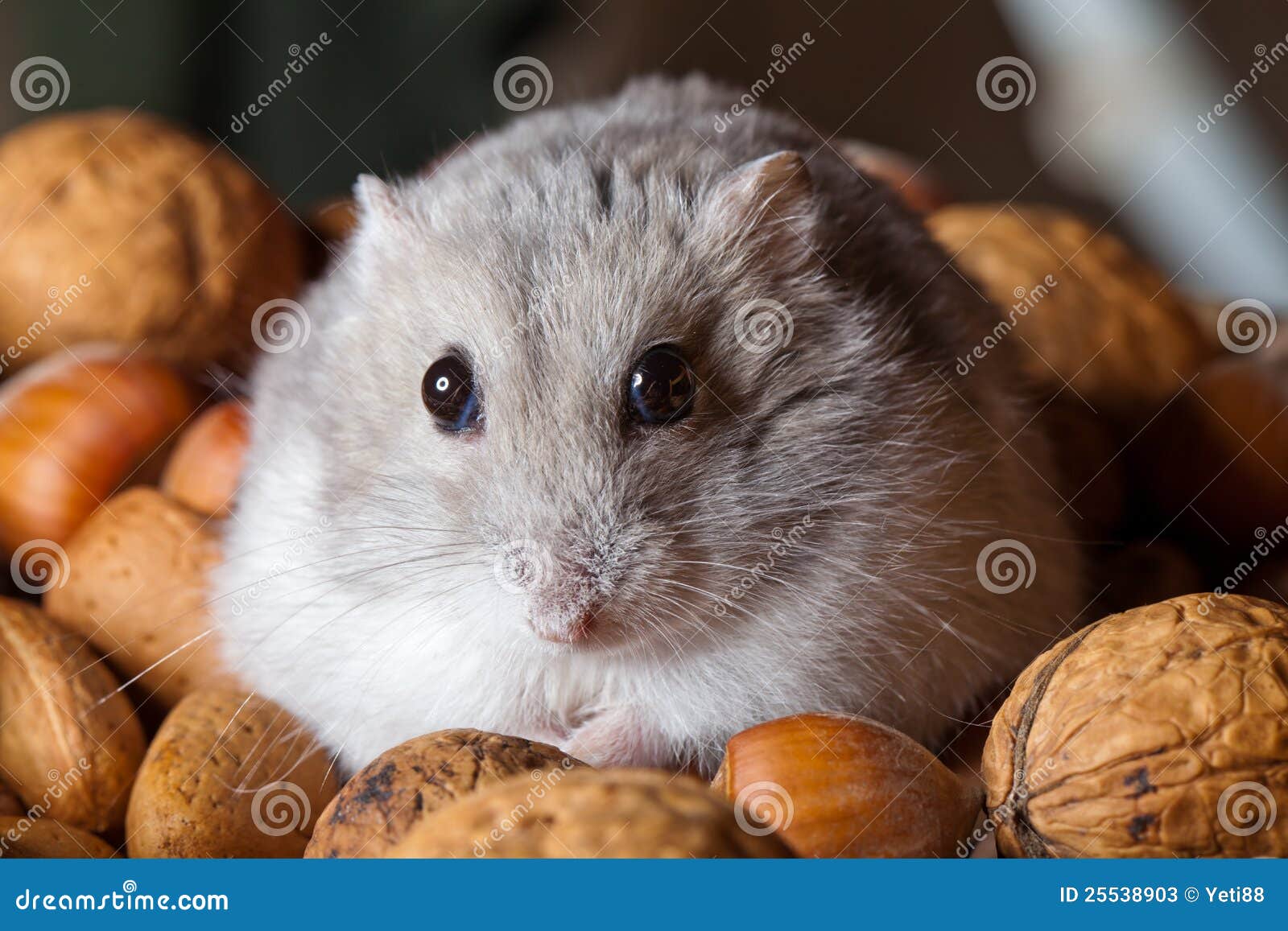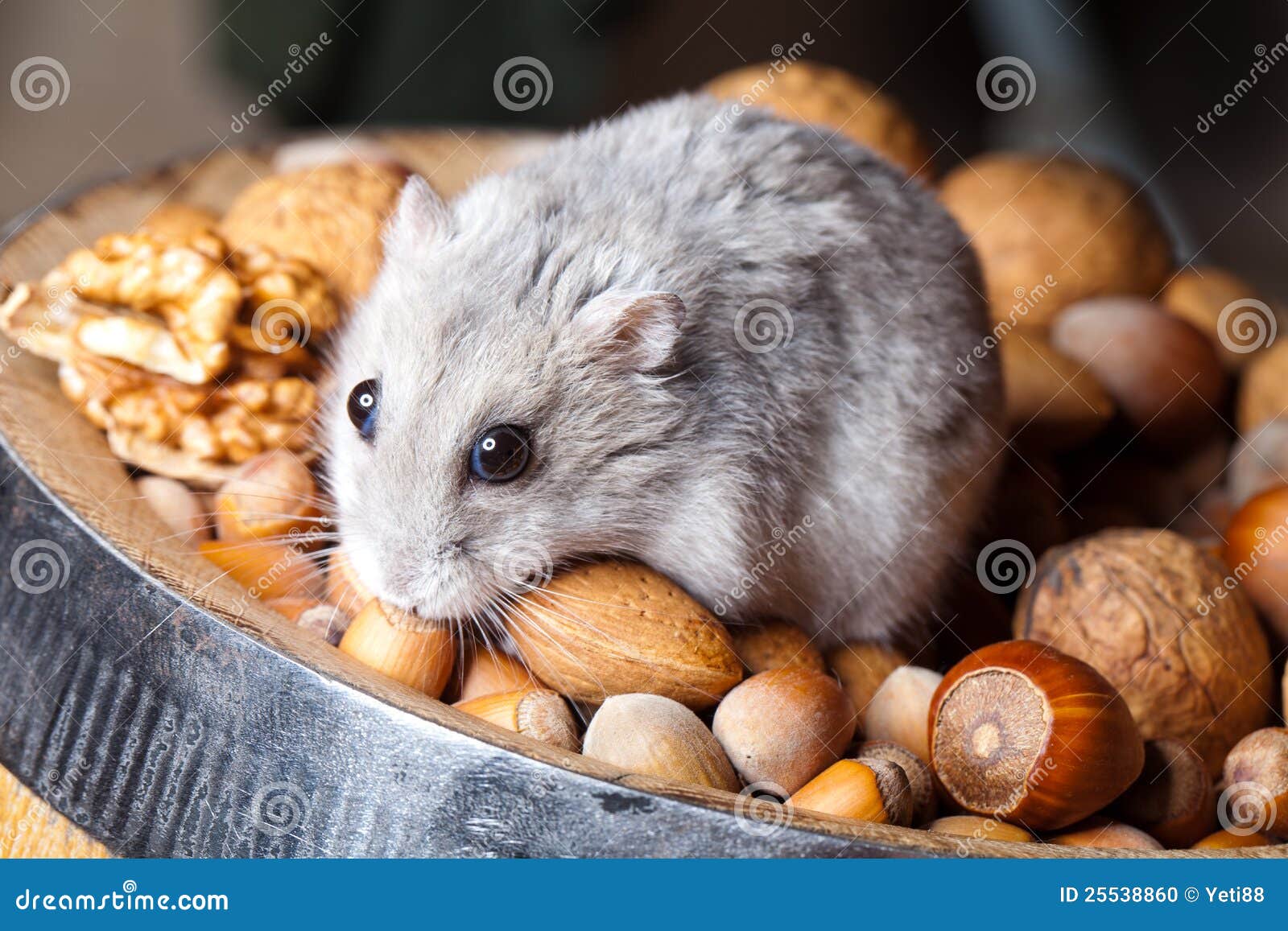Hamsters with nuts are a delightful combination that captures the imagination of pet lovers and nature enthusiasts alike. These tiny, adorable rodents have a natural affinity for nuts, which not only serve as a tasty treat but also play a crucial role in their diet and well-being. Whether you’re a seasoned hamster owner or simply curious about these charming creatures, understanding the relationship between hamsters and nuts can deepen your appreciation for their unique habits and dietary needs.
Hamsters are known for their cheek pouches, which allow them to store food, including nuts, for later consumption. This behavior is not just adorable but also essential for their survival in the wild. When you think of a hamster with nuts, you’re witnessing a small yet fascinating aspect of their natural instincts. These furry companions thrive on a balanced diet, and nuts can be an excellent source of nutrients if given in moderation.
However, not all nuts are safe for hamsters, and it’s important to know which ones to offer and which to avoid. From almonds to peanuts, the choices can be overwhelming for new pet owners. This article dives deep into the world of hamsters with nuts, offering insights, tips, and expert advice to ensure your furry friend stays happy and healthy. Let’s explore the joys and responsibilities of caring for a hamster and how nuts fit into their lives.
Read also:Ashley Store Plano Your Ultimate Guide To Stylish And Affordable Furniture
Table of Contents
- Why Do Hamsters Love Nuts?
- What Kind of Nuts Are Safe for Hamsters?
- How Many Nuts Should a Hamster Eat Daily?
- Can Hamsters with Nuts Be a Healthy Combination?
- How to Feed Nuts to Your Hamster
- Hamster with Nuts: Fun Facts
- Common Mistakes When Feeding Nuts to Hamsters
- Hamster Nut Diet Plan
- What Happens If a Hamster Eats Too Many Nuts?
- Final Thoughts on Hamsters with Nuts
Why Do Hamsters Love Nuts?
Hamsters are naturally drawn to nuts because of their rich taste and high-fat content. In the wild, hamsters rely on nuts as a source of energy to sustain them through long periods of activity and hibernation. Their love for nuts is not just about flavor but also about instinct. Nuts provide essential nutrients like healthy fats, proteins, and vitamins, making them a favorite snack for these small mammals.
But why do hamsters store nuts in their cheek pouches? This behavior is a survival mechanism that allows them to transport food back to their burrows. By storing nuts, hamsters ensure they have a steady food supply even when resources are scarce. Observing a hamster with nuts in its cheeks is not only adorable but also a glimpse into their natural instincts.
What Kind of Nuts Are Safe for Hamsters?
When it comes to feeding nuts to your hamster, not all options are created equal. Some nuts can be harmful, while others provide excellent nutritional benefits. Here’s a breakdown of safe and unsafe nuts for hamsters:
- Safe Nuts: Almonds (unsalted), cashews, walnuts, and hazelnuts.
- Unsafe Nuts: Peanuts (due to potential mold), macadamia nuts, and salted or flavored nuts.
Always ensure the nuts are plain, unsalted, and free from additives. A hamster with nuts that are safe and nutritious can enjoy a balanced diet while avoiding health risks.
How Many Nuts Should a Hamster Eat Daily?
While nuts are a healthy treat, moderation is key. Overfeeding nuts to your hamster can lead to obesity and other health issues. As a general guideline:
- Small hamsters (like dwarf hamsters): 1-2 small pieces of nut per week.
- Larger hamsters (like Syrian hamsters): 2-3 small pieces of nut per week.
Remember, nuts should only make up a small portion of your hamster’s diet. The bulk of their nutrition should come from hamster pellets, fresh vegetables, and occasional fruits.
Read also:Fayetteville Ga Water A Comprehensive Guide To Clean Water And Community Resources
Can Hamsters with Nuts Be a Healthy Combination?
Yes, hamsters with nuts can indeed be a healthy combination if done correctly. Nuts provide essential fatty acids and proteins that support your hamster’s growth and energy levels. However, it’s crucial to balance their diet to avoid overfeeding.
For example, walnuts are rich in omega-3 fatty acids, which are beneficial for your hamster’s coat and overall health. On the other hand, too many nuts can lead to weight gain, as they are calorie-dense. Always consult with a veterinarian to ensure your hamster’s diet is well-rounded and appropriate for their specific needs.
How to Feed Nuts to Your Hamster
Feeding nuts to your hamster requires some preparation to ensure their safety. Here are a few tips:
- Choose plain, unsalted nuts without any added flavors or preservatives.
- Break the nuts into small, bite-sized pieces to prevent choking.
- Offer nuts as an occasional treat, not a daily staple.
By following these guidelines, you can ensure that your hamster enjoys the benefits of nuts without any risks.
Hamster with Nuts: Fun Facts
Did you know that hamsters can store up to half their body weight in food, including nuts, in their cheek pouches? This incredible ability allows them to gather food efficiently and transport it to their burrows. Here are some more fun facts about hamsters with nuts:
- Hamsters can eat nuts upside down, thanks to their flexible cheek pouches.
- Nuts are often used in hamster training as a reward for good behavior.
- Hamsters have a keen sense of smell, which helps them locate nuts in the wild.
Common Mistakes When Feeding Nuts to Hamsters
While nuts are a great treat, there are some common mistakes pet owners make when feeding them to hamsters. Avoid these pitfalls to keep your hamster healthy:
- Feeding salted or flavored nuts.
- Giving too many nuts at once, leading to overeating.
- Not checking for mold or spoilage before offering nuts.
Hamster Nut Diet Plan
Creating a balanced diet plan for your hamster is essential for their well-being. Here’s an example of how to incorporate nuts into your hamster’s diet:
- Monday: 1 small piece of almond.
- Wednesday: 1 small piece of walnut.
- Friday: 1 small piece of cashew.
Combine these treats with fresh vegetables, fruits, and hamster pellets for a complete diet.
What Happens If a Hamster Eats Too Many Nuts?
Overfeeding nuts to your hamster can lead to several health issues, including obesity, diarrhea, and even pancreatitis. Nuts are high in fat, and too much fat can strain your hamster’s digestive system. If you notice any signs of illness, such as lethargy or loss of appetite, consult a veterinarian immediately.
Final Thoughts on Hamsters with Nuts
Hamsters with nuts are a charming and nutritious pairing when done responsibly. By understanding their dietary needs and feeding habits, you can ensure your hamster enjoys the benefits of nuts while staying healthy and happy. Whether you’re watching them store nuts in their cheeks or rewarding them with a small treat, the bond you share with your hamster will only grow stronger. Always prioritize your hamster’s well-being and consult a vet for personalized advice.

